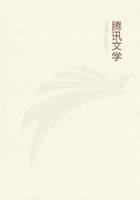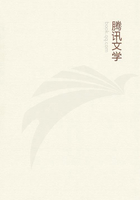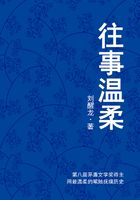Matters would be greatly simplified if the distinction could really be traced through the authorities. In point of fact it turns out to be a late one. We may start from Coke in tracing back its history. His commentary upon Littleton certainly has a passage which shows that he came across opinions implying a difference of status between villains regardant and villains in gross. He speaks of the right of the villain to pursue every kind of action against every person except his lord, and adds: 'there is no diversity herein, whether he be a villain regardant or in gross, although some have said to the contrary,* (Co. Lit. 123b). Littleton himself treats of the terms in several sections, and it is clear that he never takes them to indicate status or define variation of condition. As has been pointed out by Hallam, he uses them only in connexion with a diversity in title, and a consequent diversity in the mode of pleading. If the lord has a deed or a recorded confession to prove a man's bondage, he may implead him as his villain in gross; if the lord has to rely upon prescription, he has to point out the manor to which the party and his ancestors have been regardant, have belonged, time out of mind.* As it is a question of title and not of condition, Littleton currently uses the mere 'villain' without any qualification, whereas such a qualification could not be dispensed with, if there had been really two different classes of villains. Last but not least, any thought of a diversity of condition is precluded by the fact, that Littleton assumes the transfer from one sub-division to the other to depend entirely on the free will of the lord (sections 175, 181, 182, 185). But still, although even Littleton does not countenance the classification I am now analysing, it seems to me that some of his remarks may have given origin to the prevalent misconception on the subject.
Let us take up the Year Books, which, even in their present state, afford such an inestimable source of information for the history of legal conceptions in the fourteenth and fifteenth centuries. An examination of the reports in the age of the Edwards will show at once that the terms regardant and in gross are used, or rather come into use, in the fourteenth century as definitions of the mode of pleading in particular cases. They are suggested by difference in title, but they do not coincide with it, and any attempt to make them coincide must certainly lead to misapprehension. I mean this the term 'villain regardant' applied to a man does not imply that the person in question has any status superior to that of the 'villain in gross,' and it does not imply that the lord has acquired a title to him by some particular mode of acquisition, e.g. by prescription as contrasted with grant or confession; it simply implies that for the purpose of the matter then in hand, for the purpose of the case that is then being argued, the lord is asserting and hoping to prove a title to the villain by relying on a title to a manor with which the villain is or has been connected-title it must be remembered is one thing, proof of title is another. As the contrast is based on pleading and not on title, one and the same person may be taken and described in one case as a villain regardant to a manor, and in another as a villain in gross. And now for the proof.
The expression 'regardant' never occurs in the pleadings at all, but 'regardant to a manor' is used often. From Edward III's time it is used quite as a matter of course in the formula of the 'exceptio' or special plea of villainage.* That is, if the defendant pleaded in bar of an action that the plaintiff was his bondman he generally said, I am not bound to answer A, because he is my villain and I am seised of him as of my villain as regardant to my manor of C. Of course there are other cases when the term is employed, but the plea in bar is by far the most common one and may stand for a test. This manner of pleading is only coming gradually into use in the fourteenth century, and we actually see how it is taking shape and spreading. As a rule the Year Books of Edward I's time have not got it. The defendant puts in his plea unqualified. 'He ought not to be answered because he is our villain' (Y.B. 21/22 Edward I, p. 166, ed. Horwood). There is a case in 1313 when a preliminary skirmish between the counsel on either side took place as to the sufficiency of the defendant's plea in bar, the plaintiff contending that it was not precise enough. Here, if any where, we should expect the term 'regardant,' but it is not forthcoming1. What is more, and what ought to have prevented any mistake, the official records of trials on the Plea Rolls up to Edward II always use the plain assertion, 'villanus... et tenet in villenagio.'* The practice of naming the manor to which a villain belonged begins however to come in during the reign of Edward II, and the terminology is by no means settled at the outset; expressions are often used as equivalent to 'regardant' which could hardly have misled later antiquaries as to the meaning of the qualification.* In a case of 1322, for instance, we have 'within the manor' where we should expect to find 'regardant to the manor.'* This would be very nearly equivalent to the Latin formula adopted by the Plea Rolls, which is simply ut de manerio.* Every now and then cases occur which gradually settle the terminology, because the weight of legal argumentation in them is made to turn on the fact that a particular person was connected with a particular manor and not with another. A case from 1317 is well in point. B.P. the defendant excepts against the plaintiff T.A. on the ground of villainage (qil est nostre vileyn, and nothing else). The plaintiff replies that he was enfranchised by being suffered to plead in an assize of mort d'ancestor against B.P.'s grandmother.

